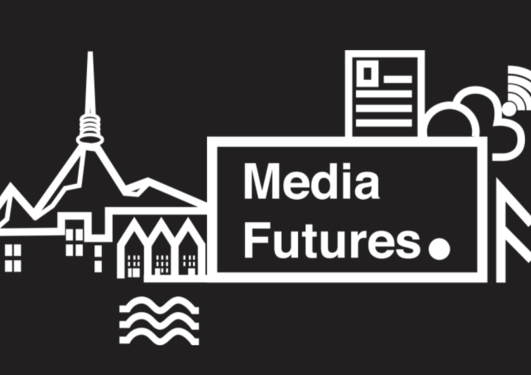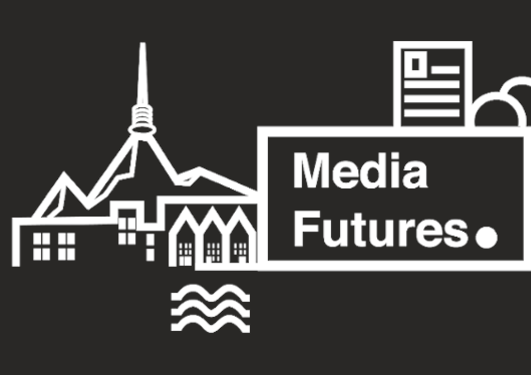New article provides theoretical framework for research on News recommender systems
Researcher Erik Knudsen publishes new article in Journal of Communication. Knudsen provides a new theoretical framework for studying news recommenders systems impact on selective exposure in the online news environment.

Main content
In his latest article in Journal of Communication, Erik Knudsen, is providing the Recommender Influence Selective Exposure framework, in which he aims to enable researchers in the field to study and model the conditional effects of News recommender system on selective exposure.
The research in the field of artificial intelligence and news recommender systems, has raised concerns over possible adverse effects for the democracy. Researchers have shown that readers prefer political news that align with their own personal beliefs. This phenonomen is also known as selective exposure. Researchers in the field are concerned that the use of news recommender systems will further enable selective exposure for online news users. Researchers in the field are talking about three expected outcomes of the use of news recommenders systems:
1) News recommender systems lead to increased selective exposure, 2)news recommender systems do not increase the selective exposure in the general public and lastly 3) the consequences of news recommenders systems for the democracy will depend on the programming of the systems.
In his article, Knudsen, are providing a theoretical understading currently missing in the field, about conditions under which news recommender systems are expected to increase or decrease the chance of selective exposure. Knudsen propose a new framework titled RISE, where he asks "what are the conditions under which news recommenders systems amplify or reduce selective exposure in online news environment given that they are designed to do so?
The framework adds the ability to model the conditional cusing on experimentally controlling the news recommender systems design and programming decisions. It builds on and extends two key theoretical arguments that News recommenders systems can casually influence user behavior depending on what the system is designed to achieve and that news recommender systems be designed to influence selective exposure through promoting factors that prior work has identified as moderators of selective exposure.
Through two preregistered online experiments that simulate different News recommenders systems and unobtrusively log user behavior, Knudsen contribute empirical evidence that an News recommender system can increase or decrease the chance that selective exposure occurs, depending on what the News recommender system is designed to achieve.
Erik Knudsen is a member of Bergen Media Use Reasearch Group and a part of a network of researchers at MediaFutures working with Understanding Media Experiences.
Read the full article here "Modeling news recommender system`s conditional effect on selective exposure: evidence from two online experiments"



